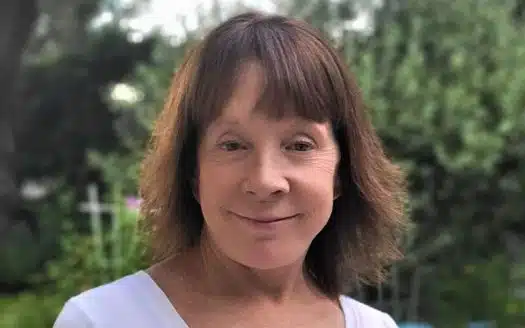Foreclosed Homes for Sale in Ocala FL
Our Ocala, FL foreclosed homes for sale list includes per-foreclosures, short sales and bank sales. Our listings include the price, square footage, address, property information and home details. If you are interested in buying a foreclosed home in Ocala, please contact your best foreclosure realtor Laura Paynter, who specializes in buying and selling homes in Ocala, Florida. Laura has lived in Ocala for many years and is very familiar with the local real estate market, trends and she has access to pocket listings. By utilizing help of an experienced real estate agent, you give yourself the best chance of getting a foreclosed property at a great price.
List of Foreclosed Homes in Ocala, FL
What is Foreclosure?
Foreclosure is a process that allows the bank (lender or the loan owner) to sell your property to satisfy the loan debt if the home owner has not been making payments on the mortgage.
When a home owner falls behind on their mortgage, the bank can initiate a legal process known as foreclosure to recoup their financial investments. There are a few parties involved in the process and it can be long and drawn out. The process involves the following parties:
- the Borrower, or the homeowner who borrowed the money to secure the loan
- the Lender, a party or an institution that secures the mortgage at the time of purchase
- The Investor, a party that buys the loan from the lender
- The servicer, the company that processes payments for the loan. Usually the servicer is a company that charges a fee to the investor or a lender to process the monthly payments for the mortgage.
When the Borrower struggles to make monthly payments towards their mortgage, the Servicer can refer the loan to an attorney or a trustee to initiate foreclosure. This process varies based on state laws.
Foreclosure process in Florida
Florida follows a judicial foreclosure procedures. In a judicial foreclosure, an attorney hired by the Servicer files a lawsuit on behalf of the investor or the lender. The borrower then receives a letter and has 30 days to respond. If the borrower does not file an answer in court, the court will grant a judgement of foreclosure in favor to the lender. Even if you file a response within the required time, the court can still decide to proceed with the foreclosure. Once the judgement has been granted, the sale date is set and the home sale will proceed during a public auction. The home will be sold to the highest bidder.
There are 2 parts of every foreclosure in Florida:
- Filing a Lawsuit. This is the process of the lender filing a lawsuit against the borrower.
- Deficiency Judgement. This occurs when the court sells the property for the amount that does not cover the entire loan on the house. The deficiency judgement requires the borrower to pay off the difference between the borrowed amount and the value of the sold house.
Statue of Limitations in Florida
In Florida, the Statue of Limitations law requires all lenders and creditors to file a lawsuit for the outstanding debt within 5 years. Once that time runs out the lender can no longer file a lawsuit against the home owner. The 5 year time generally begins once the home owner defaults on their payment, however, in case of foreclosures that date often moves since each missed payment causes a default payment.
Statue of Limitation on Deficiency Judgements in Florida
The statue of limitations on deficiency judgements in Florida is one year. It applies to deficiency judgements pertaining to foreclosures that happened on or after 7/1/2013. This period starts on the day after the court issues a certificate to the new owner.
For more information please contact your Ocala Foreclosure Realtor Laura Paynter at 352-843-0200







